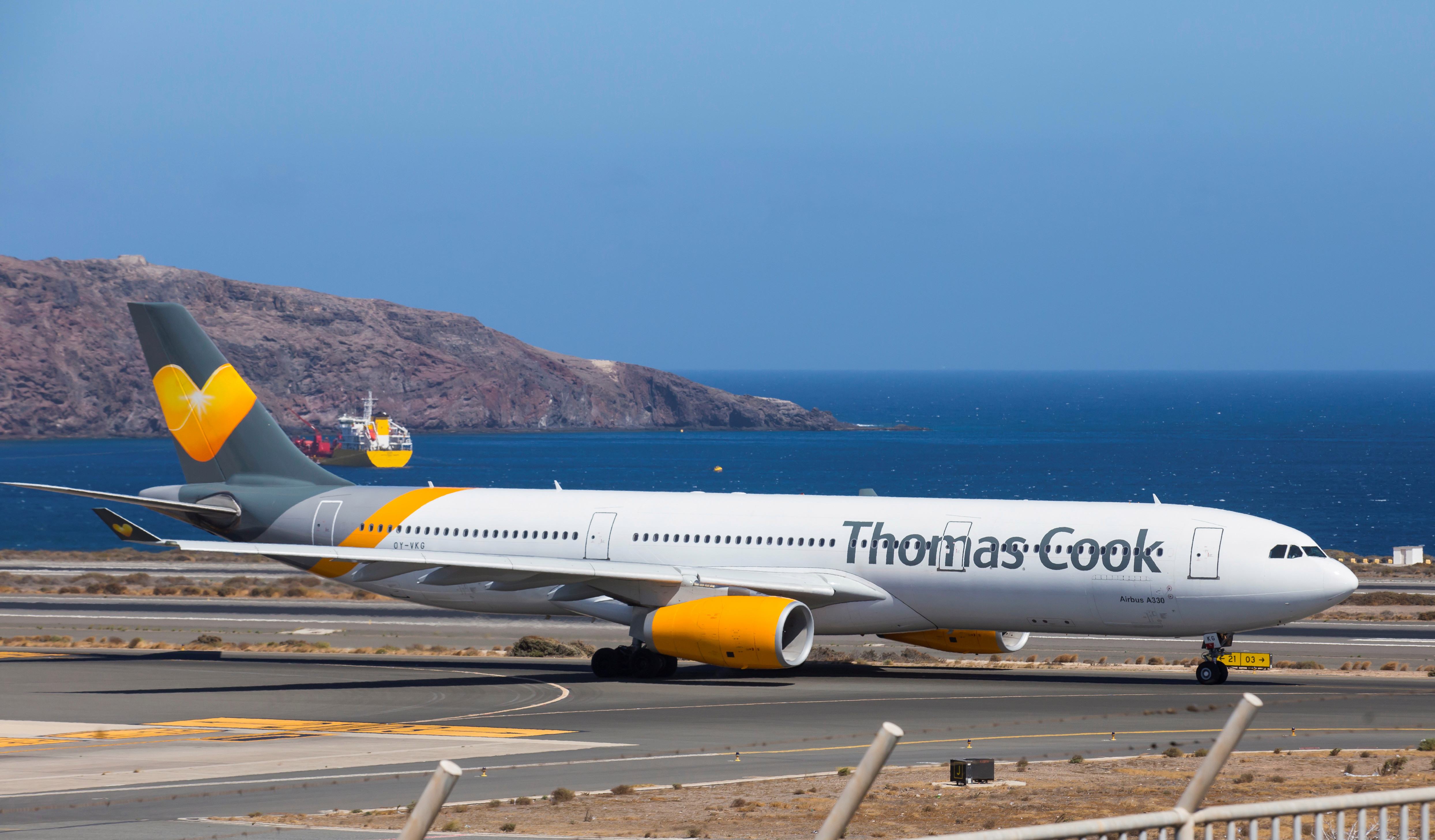Last Monday, Thomas Cook – the 178-year-old travel company which had survived two world wars and the great depression – collapsed. This left 150,000 people stranded abroad and many more thousands of Thomas Cook staff facing job losses.
The Civil Aviation Authority has launched “the biggest repatriation effort during peacetime” in order to return holidaymakers. A deal to save Thomas Cook, wiping a total of £1.7 billion in existing debts the company had incurred and giving them a much-needed funding boost of £900 million, ultimately fell through at the eleventh hour.
A number of things have since been blamed for the collapse – from high petrol prices to Brexit. There may be some weight to this; external conditions in the industry have been unfavourable, given that Brexit has contributed to increasing levels of uncertainty for holidaymakers. This is in addition to a poorer exchange rate with the Euro, making holidays within the U.K relatively cheaper.
However many of these factors have been overexaggerated in attempt to absolve Thomas Cook of its responsibility in its own demise; the company had been recording losses for almost a decade prior to any Brexit uncertainty.
The reality for the holiday industry as a whole isn’t as bleak as portrayed. The number of people taking holidays has been increasing in recent years. Many savvy holiday goers have been able to pivot in the face of Brexit uncertainty by either stocking up on Euros earlier in 2018 with a much more favourable rate or choosing to travel to non-EU countries such as America and Turkey instead, according to Thomas Cook’s annual report.
In addition to this, consumer confidence remains relatively high, and people still express overwhelmingly a desire to travel.
The problem is the way we book our holidays has changed, and Thomas Cook, given its bloated company structure, large debt burden from a number of poor acquisitions and lack of capital to invest in online, has rendered the company unable to adapt to changes in consumer behaviour and the market as a whole. Senior management failed to respond quickly enough to changing conditions in the market. Thomas Cook continued to fund around 560 expensive high street stores which no longer reflected the way holidaymakers like to shop.
Furthermore, only 1 in 7 travellers now use travel agents to book their holiday, with many of the key players in the holiday industry such as Ryanair and EasyJet adapting to this preference by adopting a predominantly online service, which is not only cheaper to run but also more convenient for customers to book in the comfort of their own homes.
In spite of continual poor performance by Thomas Cook and failure to meet targets, Chief Executives at the company received £35 million in bonuses over the past twelve years. Given the fact that many Thomas Cook staff will likely not be paid by the company for their vital role in helping to repatriate customers, it is not difficult to see who will be the villains and who will be the heroes in this piece.
Image Credit: The Sun

